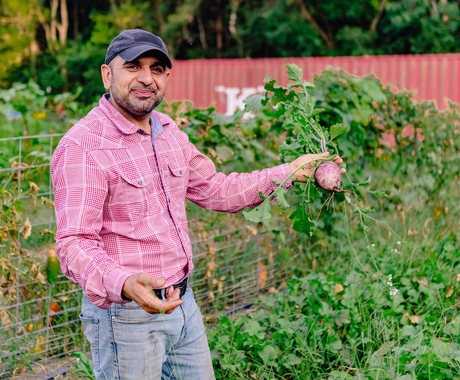By Nathan Beacom, former staff member
On Feb. 12, a 4 million gallon waste tank sprung a leak at the AltEn ethanol plant in Mead, which sits a half hour north of Lincoln. The toxic brew of manure and waste material from the tank spread into waterways and culverts for more than four miles. The waste was a byproduct of pesticide-treated seed corn, leaving behind a contaminated residue not safe for soil or waterways.
On March 1, Nebraska’s Attorney General sued AltEn for violating the Integrated Solid Waste Management Act and other permit conditions. The production of ethanol from seed corn results in contaminated water and distillers grain, which sit in lagoons and on land at the plant. The use of seed corn for ethanol production was first proposed as a way of recycling that corn, but, at the end of the process, the waste remains.
This is an all too common story, where a rural community pays the price for the products we all use. The externalities of the processes that create our goods and fuels often affect places most of us never see, but an event like this should raise our awareness. Sen. Bruce Bostelman of Brainard has introduced a bill in the Legislature to ban the use of contaminated seed corn in ethanol production. If this waste can’t be disposed of in a safe way, such a restriction is necessary to protect towns like Mead and the surrounding farms. Our fuel can’t come at the expense of the health, wellbeing, or livelihoods of rural folks.





